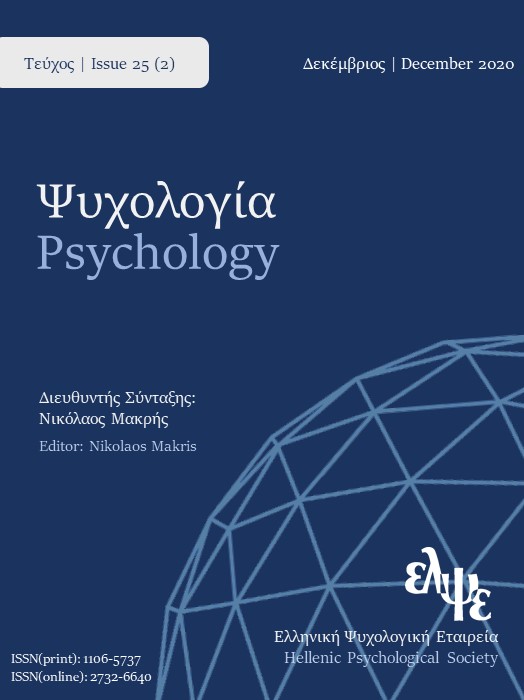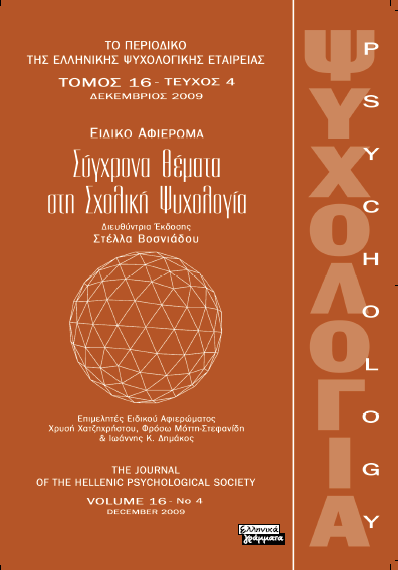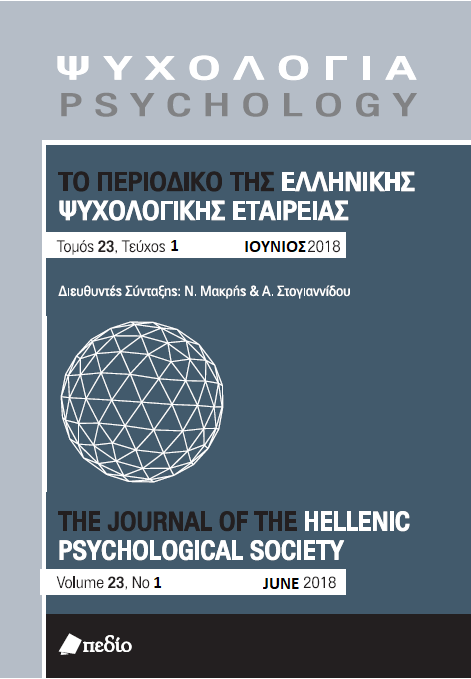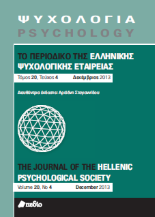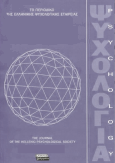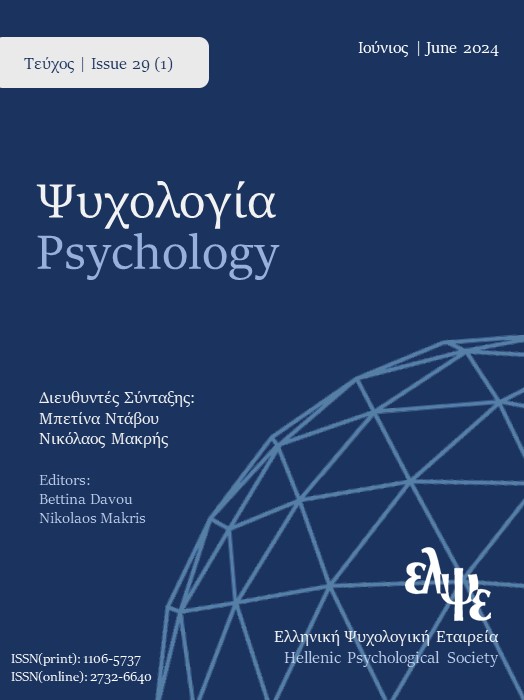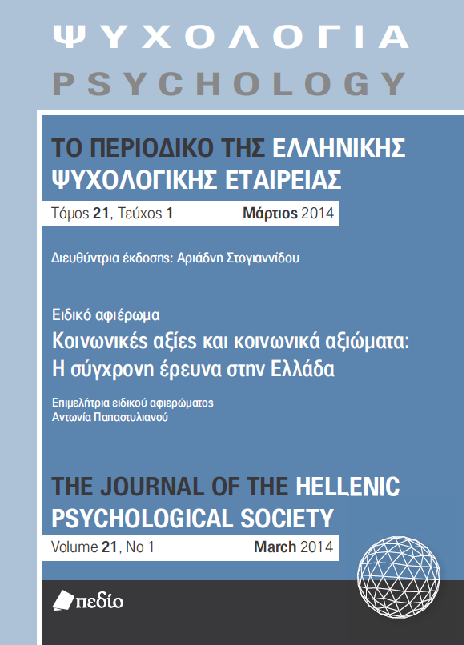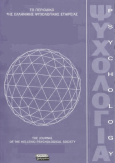Value crisis or the values of crisis: Stability and change of personal and political values in Greece of recession

Abstract
This study aimed to explore patterns of stability and change of personal values, political values and ideology in Greece during the economic crisis. Based on the modernization theory (Inglehart, 1971, 2008) and the dual process motivational model for the determinants of political ideology (Duckitt & Sibley, 2010), we hypothesized that the perception of crisis as threatening will lead to a decrease in the importance of anxiety-free values and a shift towards conservatism. We also studied the relations between values and ideology, along with a structural model of these relationships on the basis of the theory across two time points. The sample consisted of 385 subjects (52% women, mean age 41.7 years) in 2009 and 521 subjects (50% women, mean age 38.7 years) in 2014. Participants filled in self-report questionnaires on their basic personal values (Schwarz et al., 2001), core political values (Schwartz et al., 2010) and political self-placement (left/right). Findings provided only partial support to the research hypotheses: a decline was found in self-transcendence values (universalism, equality), but at the same time in conservative values (tradition, conformity, security) as well, although the effect sizes were generally small. Agreement with conservative values led to stronger right political orientation at the second
time point (2014). The stability of a two-component model of values and ideology was confirmed, consisting of openness vs. resistance to change, on one hand, and acceptance vs. rejection of inequality, on the
other.
Article Details
- How to Cite
-
Παυλόπουλος Β. (2020). Value crisis or the values of crisis: Stability and change of personal and political values in Greece of recession. Psychology: The Journal of the Hellenic Psychological Society, 21(3), 334–353. https://doi.org/10.12681/psy_hps.23502
- Issue
- Vol. 21 No. 3 (2014)
- Section
- SPECIAL SECTION

This work is licensed under a Creative Commons Attribution-ShareAlike 4.0 International License.
The journal PSYCHOLOGY adopts a Platinum open-access policy. Submission, processing or publication costs are waived by the Hellenic Psychological Society. Papers published in the journal PSYCHOLOGY are licensed under a 'Creative Commons Attribution-ShareAlike 4.0 International' licence. The authors reserve the copyright of their work and grant the journal the right of its first publication. Third-party licensees are allowed to use the published paper immediately after publication as they wish, provided they retain the defined by the license copyright formalities, regarding the reference to its author(s) and its initial publication in the journal PSYCHOLOGY. Moreover, any adjusted work should be shared under the same reuse rights, so with the same CC license.



